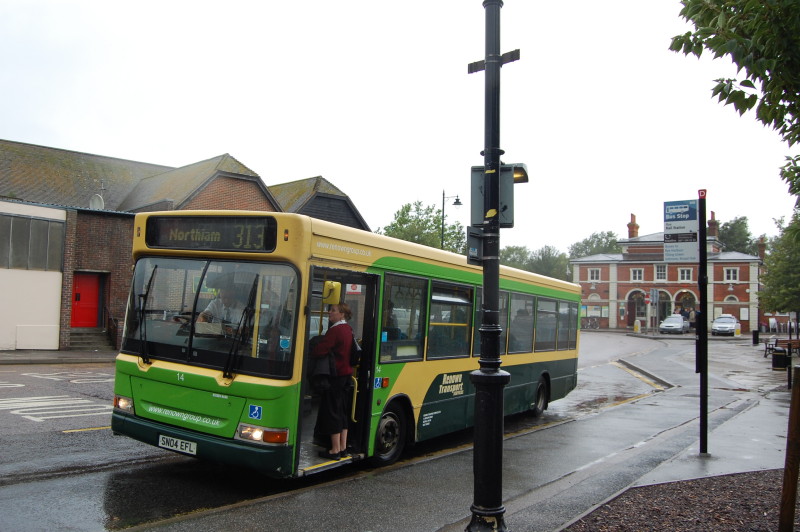Government cuts are forcing local councils to make further cuts locally. If implemented, these will in practice make some of the poorest poorer – even if they have full time jobs. East Sussex County Council is consulting on cuts to the help that young people get with transport costs, now they have to stay in education until the age of 18. And Rother District is consulting on cutting council tax help to the working poor.
Most people in work, who receive the minimum wage but less than a living wage (based on actual costs), currently get help in the form of tax credits (dependant on age and circumstances) and help with council tax and housing costs (if they have to pay those bills). This is because they can not afford basic needs like food and heating without this help.
However the government has said it will increase the minimum wage to a “living wage” (but one calculated on salary levels in general, not actual costs). It will go up to £7.20 an hour next April, rising to £9 by 2020. At the same time however tax credits are being frozen and other working age benefits are being cut – such as council tax credits.
Rother and East Sussex are proposing these cuts because of central government cuts in funding for local services. These leave councils with three choices – to increase council tax (which government may cap or limit anyway), cut other and more services, or cut help to the poorest workers. Both councils propose to set up hardship funds. In the case of young people aged 16-19 it is now compulsory nationally to stay in education, which encompasses apprenticeships, but local help with travel costs to school or college is discretionary – and may now cease.
Rother’s proposals could affect over 3,000 households in its area, and ESCC says it currently helps around 470 young people from low income families. ESCC says “the Council accepts that any changes would be unpopular and regrettably may impact negatively on young people and their families”. Their consultation ends Friday September 11.
Rother says it has to make changes to cope with cuts in central government funding and Cllr Lord Ampthill (who represents Rye) said : “In the current climate of austerity all local authorities are having to make difficult choices”. At present people on low incomes are entitled to up to a 100 per cent reduction in their council tax bill, and one option is setting a minimum amount of 10,15 or 20 per cent which all working households would have to pay. Rother’s consultation closes on September 18.
Rother also proposes to set up a hardship fund which would be separate from the Discretionary Housing Payments scheme which is only available to people on Housing Benefit – which also supports the badly paid working poor. However this means people would have to ask for help rather than getting it automatically.
The two principles behind Rother’s proposals are balancing the need to provide support when funds are being cut nationally, and protecting and enhancing any “work incentives” which help to reduce government costs. In plain English that means what is the point of working if you are not paid enough to live on, and the extra help you may get from government to ensure you have just about enough is then cut. However if you do stop working, because it does not “pay” to work, the cost to the government of keeping you alive may well be higher.
(Sources: Rother District Council and East Sussex County Council)
Photo: Kenneth Bird



